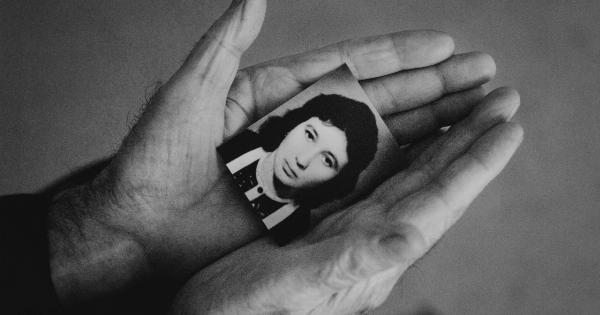Life comes at you fast and sometimes it can be hard to balance everything. Work, family, friends, health, and finances are just a few of the things that can cause chaos in our daily lives.
It’s easy to feel overwhelmed and stressed out, but it’s important to find ways to manage these feelings. Finding the right anxiolytic can play a big role in calming the chaos. In this article, we’ll explore different anxiolytics and their benefits.
What is an Anxiolytic?
An anxiolytic is a type of medication used to reduce anxiety and stress. Anxiety and stress are not uncommon and can be caused by a variety of factors such as work, school, and personal relationships.
Anxiolytics work by slowing down the central nervous system, so a person feels more relaxed and less anxious. The right anxiolytic can help you find calm in the chaos and make it easier for you to focus on what’s important.
Types of Anxiolytics
There are various types of anxiolytics available. Some are prescription medication, while others are available over the counter. It’s important to speak with your healthcare provider to determine which type of anxiolytic is right for you.
Here are some of the different types of anxiolytics:.
Benzodiazepines
Benzodiazepines are a type of prescription medication. They work quickly to relieve anxiety symptoms but can also be addictive. Some examples of benzodiazepines include Xanax, Valium, and Ativan.
Benzodiazepines are useful for short-term anxiety relief, but they should only be used for a limited time.
Buspirone
Buspirone is another prescription medication used to treat anxiety. It doesn’t have the same addictive properties as benzodiazepines. It may take several weeks to start working. Buspirone is a good option for people who need long-term anxiety relief.
Antidepressants
Antidepressants are commonly used to treat depression, but they can also be used to treat anxiety disorders. Antidepressants work by changing the levels of neurotransmitters in the brain that are linked to mood and stress.
It may take several weeks to start working, but they can be effective for long-term anxiety relief. Some common antidepressants used for anxiety include Prozac, Zoloft, and Lexapro.
Beta Blockers
Beta blockers are typically used to treat high blood pressure. They can also be effective for treating anxiety symptoms such as rapid heartbeat, sweating, and trembling.
Beta blockers work by reducing the heart rate and blood pressure, which can help to calm anxiety symptoms. Some examples of beta blockers include Propranolol and Metoprolol.
Kava
Kava is a natural anxiolytic that comes from the roots of the kava plant, which is found in the South Pacific. Kava is available in supplements or teas. Kava has been shown to reduce anxiety symptoms without the side effects of prescription medication.
Kava can also cause liver damage, so it’s important to speak with a healthcare provider before using it.
Passionflower
Passionflower is another natural anxiolytic that can help to reduce anxiety symptoms. Passionflower is available in supplements or teas.
Passionflower works by increasing the levels of a neurotransmitter called gamma-aminobutyric acid (GABA), which helps to reduce anxiety symptoms. Passionflower may interact with prescription medication, so it’s important to speak with a healthcare provider before using it.
Chamomile
Chamomile is a natural anxiolytic that has been used for centuries. Chamomile is available in supplements or teas. Chamomile works by increasing levels of the neurotransmitter GABA, which helps to reduce anxiety symptoms.
Chamomile is safe for most people, but it can interact with some prescription medication, so it’s important to speak with a healthcare provider before using it.
Lavender
Lavender is a natural anxiolytic that has a relaxing effect. It’s available in essential oils, teas, and supplements. Lavender works by reducing the levels of cortisol, a hormone linked to stress.
Lavender is safe for most people, but it can interact with some prescription medication, so it’s important to speak with a healthcare provider before using it.
Meditation and Exercise
Meditation and exercise are also effective ways to reduce anxiety symptoms. They don’t require medication and can be done anywhere. Meditation can help to calm the mind and improve focus. Exercise releases endorphins, which are natural mood-boosters.
Exercise can also help to reduce stress levels. Practicing meditation and exercise can provide long-term relief from anxiety and stress.
Conclusion
Anxiolytics come in many forms, both prescription and over the counter. It’s important to speak with your healthcare provider to determine which type of anxiolytic is right for you.
Natural anxiolytics such as kava, passionflower, chamomile, and lavender can provide anxiety relief. Practicing meditation and exercise are also effective ways to reduce anxiety symptoms. Remember, finding calm in the chaos is important for your mental and physical health.




























